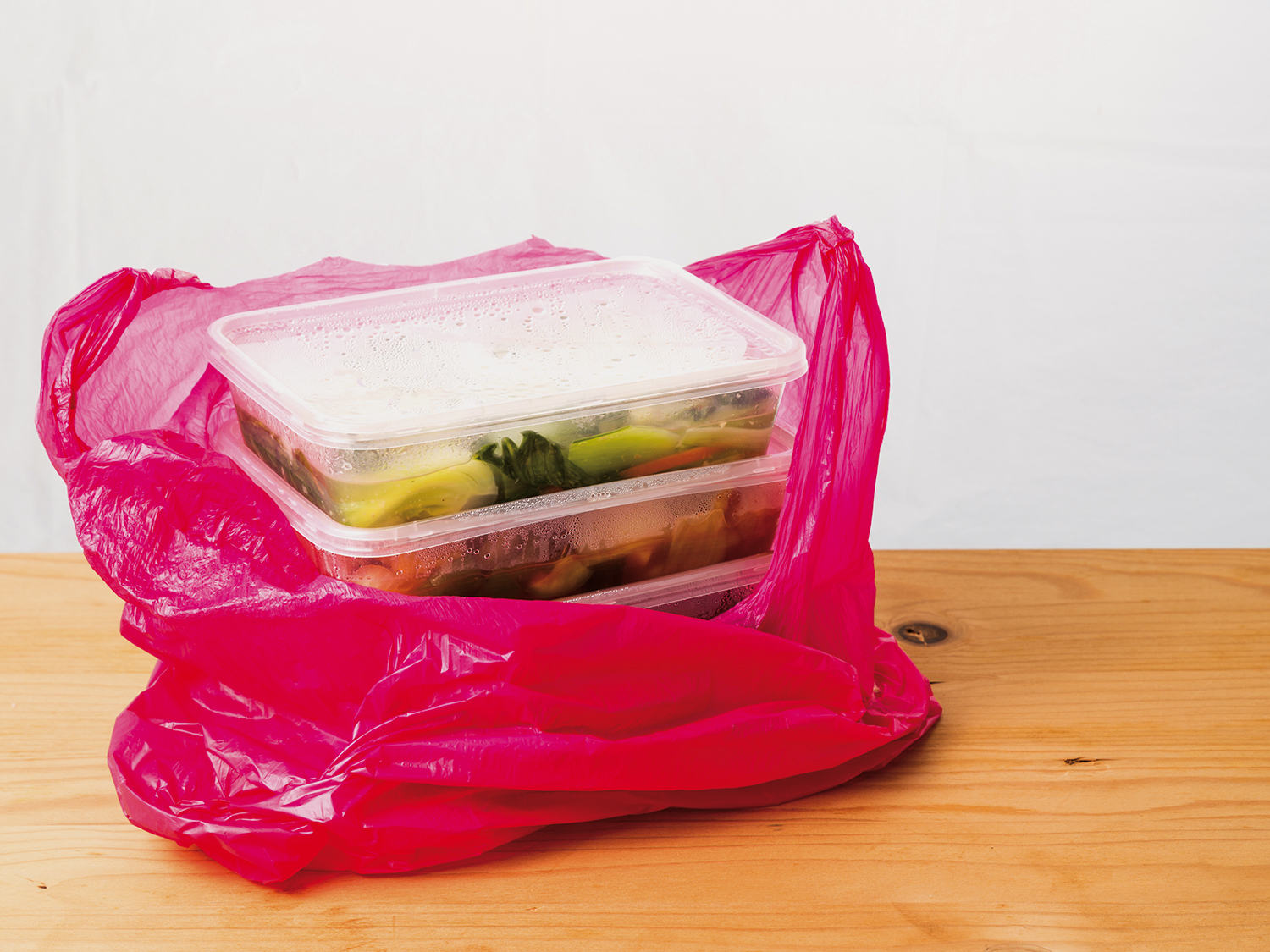

By Samuel Kutty — MUSCAT: MARCH 6 - Use of plastic bags and containers to store food items is expected to be curbed in the Sultanate soon. A government study is in progress to evaluate the hazards that plastics pose to health and environment, said Nageeb bin Ali bin Ahmed al Rowas, Under-Secretary at the Ministry of Environment and Climate Affairs. “We are studying the possibility of minimising the use of plastics, in some cases its ban. Authorities concerned have been told to classify and evaluate the plastics that is presently in use in the country”, Al Rowas told the Observer. Use of plastic bags, especially for carrying and storing food items, has long been a concern in Oman. In 2013, the ministry set up a special task force to look at ways of enforcing a full ban.
“The ministry will take a decision as soon as reports from the authorities concerned are received”, he said. People take hot food items from restaurants, bakeries and super markets in plastic containers, wraps and bags without knowing the harmful consequences. Studies reveal heat makes chemicals in plastic storage boxes and bottles leach into food and drink, which may cause cancer, heart diseases, affect fertility and foetal development. The chemical causing most concern is Bisphenol A (BPA), which is widely used in plastics manufacture. “People are not aware of the harmful effects of consuming food stored or carried in a plastic container or packet,” said Dr Waheed al Kharusi, President of Oman Cancer Association. Dr Al Kharusi said that plastic bags are not biodegradable and can pose serious dangers to humans and environment.
“There should be rules and regulations to control the use of plastics along with consumer-awareness about reusable and recyclable alternatives like jute and paper bags.” A study by Earth Policy Institute indicated that over one trillion plastic bags are consumed globally. Furthermore, almost 32 million tonnes of plastic waste is generated annually, thus representing 12.7 per cent of total municipal solid waste, as indicated by Environmental Protection Agency. Each year, 10 per cent of the plastic produced globally end up in the ocean, while 70 per cent will end on the ocean floor and unlikely to degrade. The Environment Society of Oman (ESO), which has been in the forefront of creating awareness about the flip side of plastic use, said there need to be regulations.
“The Society promotes the regulation of plastic bags in Oman and the use of reusable bags. We have had discussions with the relevant government bodies on this issue,” said Yusra Jaffer of ESO. No To Plastic Bags, a campaign launched by ESO and continued for several years, was well received by the public. “Through the campaign we raised much awareness of the environmental dangers of plastic bags. Also as a result, reusable bags are now available at most large supermarkets in Oman. We will be having a small awareness campaign mainly through social media later this year,” Yusra said.
Oman Observer is now on the WhatsApp channel. Click here



